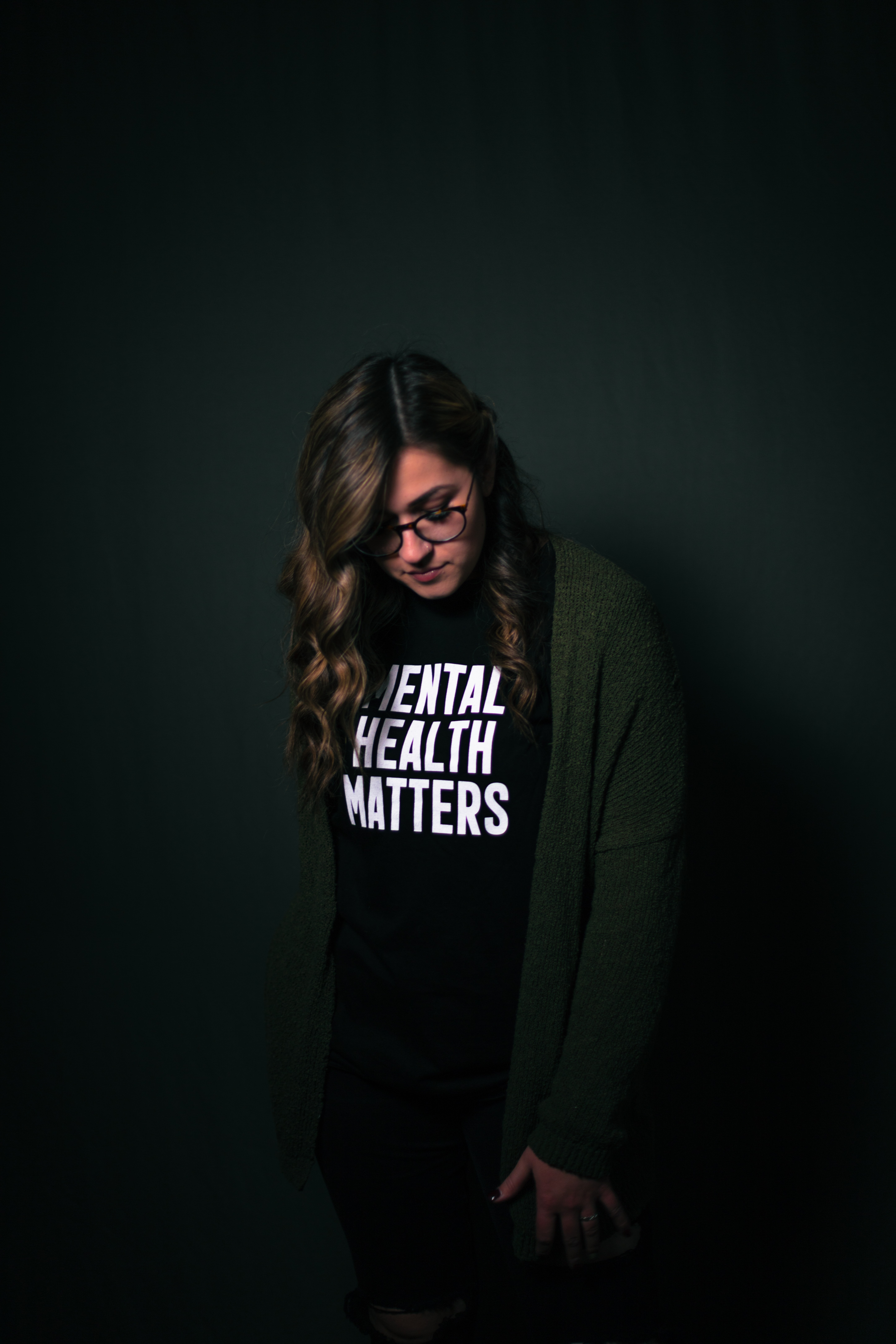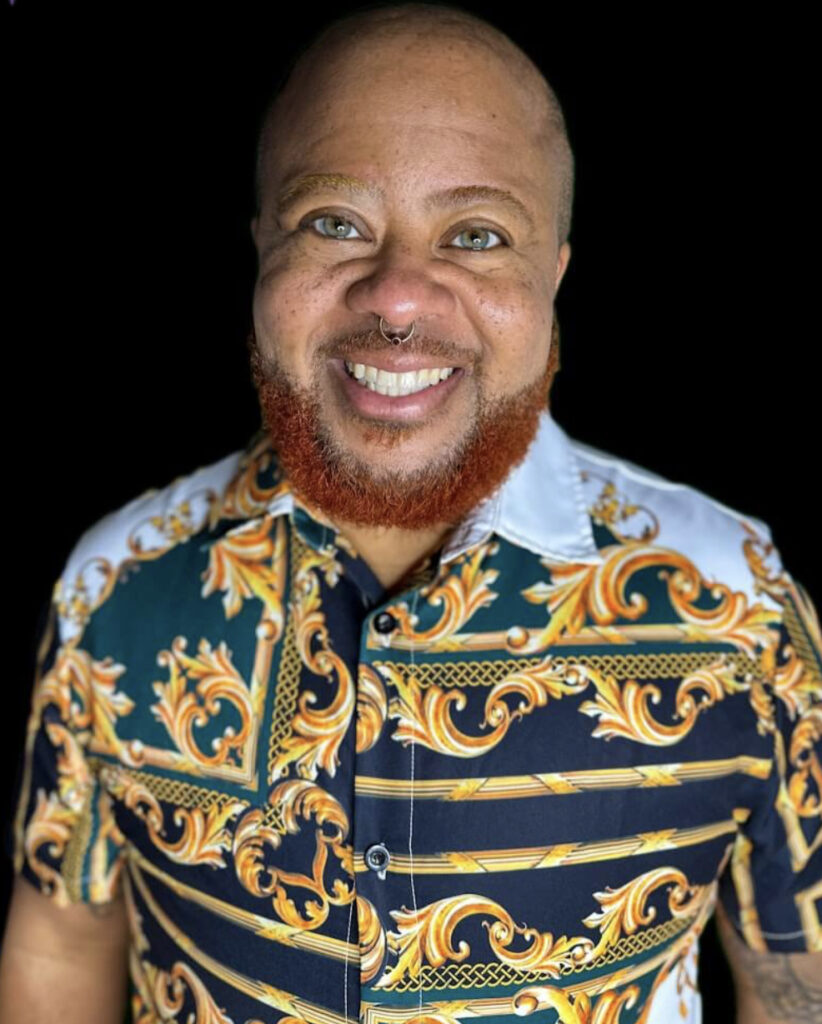As refugees and immigrants join communities in the United States, those with limited English proficiency (LEP) rely on interpreters to bridge communication gaps. For individuals who have always spoken the dominant language of a given setting, the importance of language access might be overlooked. However, proper interpretation makes all the difference for LEP clients in almost every regard, such as when receiving medical treatment, mental health care, accurate public health and safety information, and community programming. Interpreters play a vital role in our communities by translating and explaining the meanings of communications between parties who speak two different languages. Moreover, rather than strictly translating word for word communications, interpreters often additionally serve as cultural brokers, weaving nuance into their translations, clarifying, and mediating the potential misunderstandings that emerge in any given cross-cultural interaction.
The UNC Refugee Mental Health and Wellness Initiative has a deep appreciation for the community interpreters who work in partnership with them and serve as the backbone of their communications with clients. Interpretation in community mental health settings comes with its own set of challenges, so in light of needs expressed among both local providers and interpreters, UNC Refugee Wellness and the Jordan Institute for Families partnered with Houda El Idrissi of Aimlit, LLC to bring an interactive, virtual Medical and Mental Health Interpreter Training to our community of interpreters in the Triangle over Zoom on January 13-14, 2021.
Houda El Idrissi, founder of Aimlit, LLC is a highly qualified multi-lingual interpreter with over 10 years of experience in the Military, Legal, Medical, Community and Conference fields. She holds a double Master’s in Conference Interpreting and Organizational Communications, and degrees in Social Sciences, Women and Development, and Psychology. Fluent in Arabic, French, Spanish, English, Darija and intermediate in Italian, Houda has a passion for language, cultural competence, and assisting others in bridging communication gaps, one language at a time.
Houda led an engaging and interactive training, covering topics like the Code of Ethics and Standard of Ethics, intervention skills, mediation skills, the roles of medical and mental health interpretation, boundaries, confidentiality, trauma-informed interpretation, and self-care. Both training days included Q&A sessions and live role-play components, with a few brave souls volunteering to participate in skits that illustrated some of the challenging dilemmas that can arise in the midst of an interpretation session.
The training was well-attended with 34 participants, over 21 languages represented, and a mix of roles represented including community interpreters, medical interpreters, and community ambassadors. In the context of the event’s follow-up survey, 86% of respondents indicated that they would be interested in continuing education training and 67% of respondents indicated that they were interested in an interpreter support group, while 100% indicated they would attend another training/conference offered by Refugee Wellness and the JIF. Overall, the survey data tells us that our community of interpreters are eager for more educational opportunities and peer support. Given that interpreters serve as our conduits to LEP community members and play such a crucial role in breaking down communication and access barriers, we should certainly seek to find more ways to bolster them.

